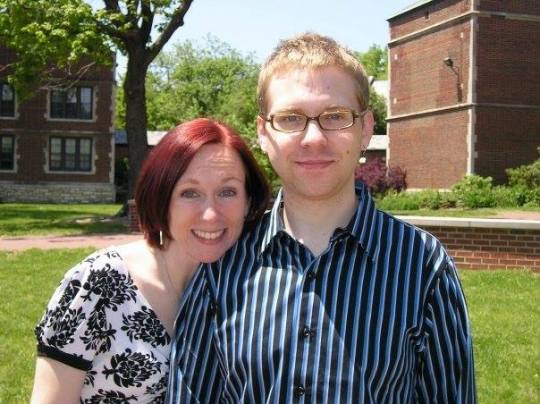Today’s post comes from Emily Hornburg, a Chicago native who moved down to small town Missouri to work as a youth minister. Her post links our November theme of Food with our December theme of Traditions, as she talks about traditions she has made surrounding faith and coffee. You can read more of her writing on her website, Love Woke Me Up This Morning, or follow her on Twitter @LoveWokeMeUp. And now…take a sip of your own coffee and enjoy Emily’s caffeine-enhanced wisdom.
For some reason, I associate coffee with faith.
Maybe it’s because in high school my friends and I were all coffee addicts and we named our Bible study “Espresso.”
Maybe it’s because in college the guy I had a crush on lived at the coffee shop and convinced all of his “fan-girls” it was the best place to have a deep discussion about life and faith. Even after he graduated, and my overly-romantic heart had found another guy, I still had weekly coffee dates with friends so we would talk about the Bible and pray together. Searching for Sophia together if you will.
Maybe it’s because whenever I lead chapel at a local school I have to run by Starbucks on my way. Now, the students say when they go for a Starbucks run before class it’s called “pulling an Emily.”
If you were to look at my old Bibles, you would probably find multiple coffee stains splattered on the pages. But still now, years after high school and college, you’ll still find me sitting at a café with a warm cup of steaming caffeine goodness, a Bible somewhere nearby (even if it’s on my iPad where it can’t get stained), and a good friend sitting across from me.
I think though, it’s because in our world today, or at least in my world, it’s the equivalent of breaking bread in the Bible. In Jesus’ day, when people broke bread together, it was a sign of community. A sign of friendship and family and being together. Being able to break bread together was something special and holy.
In my world, it’s coffee. If I ask you to share a coffee date with me, it’s holy. It’s taking a moment to take a breath from the world and enjoy someone’s company. To share life together. To share faith together. Even if you’re drinking tea or hot chocolate while I have my coffee fix. While it’s not quite the same as the Eucharist, it’s still community. It’s still holy.
I think today, if Jesus were to walk up to me, he wouldn’t invite me somewhere to break bread. I think he would invite me to coffee.



